Ph.D. in Bioengineering
The Ph.D. BIO program of the Politecnico di Milano has trained researchers, professors, and entrepreneurs in the Bioengineering field for decades. It offers the opportunity to develop a Ph.D. thesis in theoretical and experimental activities in three major research areas:
- biological systems analysis and e-Health;
- biological and biomechanical engineering;
- technologies for diagnosis, therapy and rehabilitation.
Detailed list of research lines at DEIB and CMIC can be found in the respective websites.
During the Ph.D., candidates have the opportunity to take part in specialization courses, projects with industries or other research centers, international conferences, and research experiences abroad.
3 years
Milano Leonardo
2 Departments (DEIB and CMIC)
39
10-12
Start here
The Ph.D. BIO program
The Bioengineering Ph.D. program began in 1983 as part of a consortium that included the universities of Padua, Genoa, Pavia, and Pisa, as well as the Politecnico di Milano. Starting with the XVI cycle in 2001, the consortium was replaced by the “New Ph.D. Program in Bioengineering of the Politecnico di Milano.” Starting in the XXIX cycle (2013), the Ph.D. program in bioengineering adopted an interdepartmental structure, becoming one of the largest programs in bioengineering in Italy. Faculty members of the Ph.D. Advisory Board belong to two departments: The Department of Electronics, Information, and Bioengineering (DEIB) and the Department of Chemistry, Materials, and Chemical Engineering “G. Natta” (CMIC).
The Bioengineering Ph.D. program at Politecnico di Milano offers graduate students a strong interdisciplinary education in engineering, mathematics, and the medical and biological sciences. The program aims to develop high-level problem-solving abilities in life sciences for research and private/public industrial contexts.
By the end of the program, Ph.D. candidates should have the capabilities necessary to contribute significantly to innovative projects in biomedical engineering, propose new methodological and technical solutions, assess the potential of new technologies in clinics and healthcare systems, and control services, processes, and device manufacturing in the biomedical field.
The Bioengineering Ph.D. Program enrolls, every year, an average of 20 students, mostly supported by scholarships from public institutions and private companies. After admission, each Ph.D. candidate chooses one or more research ‘Advisors’ and is assigned to a Faculty member of the Ph.D. Board (‘Tutor’). For more information consult the presentation of the Ph.D. course in Bioengineering made by the chairman Prof. Dubini.
Research Lines & Educational Activities
The general aim of the PhD programs of Politecnico di Milano is the development of a research-oriented mind-set of the candidates, with expertise and skills in a specific research topic. To develop this end, candidates have to acquire the capability of problem-solving in complex context, including a thorough analysis of the problem, the identification of an original solution and the capability of evaluating a solution and its applicability in given contexts. These skills provide the Ph.D. candidates with major opportunities for development in their research both in the academic field and in public and private organizations.
The main objective of the Ph.D. program is the development of an original research contribution. The Ph.D. thesis has to contribute to increase the knowledge in the research field of the candidate and has to be coherent with the research topics developed in the Department, in which the Ph.D. program is carried out.
The original research has to be submitted through a Ph.D. thesis, which contains and discusses the contribution, including the state of the art about the research topic. The Ph.D. research will be developed according to the guidelines of one or more Advisors, who support the candidate in the setting-out and in the everyday activities regarding the development of the Ph.D. research project.
The candidate has to acquire the capability to present and discuss their work in the research community. Consequently, both the participation in international conferences and the publication of the research results in international, peer-reviewed journals are encouraged. This aspect is taken into account among the criteria considered for the curriculum evaluation of the Ph.D. candidate. The candidates are also encouraged to carry out part of their research activities in contact with other research groups in their field of interest, preferably abroad. Research visits at other research groups (suggested minimum stay: three months) are strongly encouraged. The candidate should use them to acquire further skills to develop their research work and the thesis. Specific research activities can require a longer stay abroad.
Research Lines
The Ph.D. program aims at training people with high-level scientific profiles who intend to practice their major activities in the field of Bioengineering. The Ph.D. program in Bioengineering addresses theoretical and experimental activities in three major research areas:
More specific areas include but are not limited to: molecular and cellular engineering, biomaterials, tissue engineering and regenerative medicine, bio-artificial interfaces and devices, neuro-prostheses, movement analysis, cardiovascular and respiratory system bioengineering, central nervous system signal and image processing for rehabilitation, biomechanics, computational fluid-dynamics, computer assisted surgery and radiotherapy, robotics, artificial organs, implantable devices, biomedical signal and image processing, e-health, bioinformatics and functional genomics.
Research focuses on theoretical models, methods, and technologies to support design of applications, software and hardware systems, together with tools and prototype devices. The involvement of industrial and clinical partners reinforces the mix between theory and application, which is the strength of Ph.D. in Bioengineering.
Detailed list of research lines at DEIB and CMIC can be found in the respective websites. Moreover, a detailed description of all past Ph.D. theses in Bioengineering is available in the Theses Yearbooks.
The Ph.D. educational goal is typically obtained in a period of three years.
During the first and second year, Ph.D. candidates attend courses specifically designed for the Ph.D. track for a total of 30 credits.
The second year is especially dedicated to experimental laboratory or numerical activities and to the development of the Ph.D. project.
Results are generally achieved during the third year, whose last semester is dedicated to prepare the final written dissertation (‘PhD Thesis’).
At the end of every year, Ph.D. candidates have to submit a report to the Ph.D. Board, which thoroughly reviews the yearly activities. The assessment is based on the originality and scientific value of the research, as well as the quality and results of the education track. The detailed rules and regulations of the Ph.D. program in Bioengineering can be found in the Study Program.
During the first two years, Ph.D. students must pass at least six doctoral courses for a minimum of 30 credits. Doctoral courses provide advanced knowledge and give the students the necessary training for addressing research issues.
The Ph.D. BIO program offers a large variety of thematic doctoral courses every year, held by DEIB, CMIC professors or invited professors of international institutions. Such courses are open to all enrolled students, irrespectively of their research area, as well as to external attendees.
The Ph.D. School of the Politecnico di Milano offers transversal skills courses aimed at developing skills independent from the specific curriculum, such as oral and written presentation, research management, ethics of research, public speaking, and many others. The Courses offered by the Ph.D. School of the Politecnico di Milano can be found in the List of Courses.
Doctoral courses taken from other universities or Ph.D. schools, as well as summer/winter schools, can concur to achieve the course requirements.
Ph.D. candidates have to submit their annual study plan that is first approved by the Tutor and successively formally approved by the Coordinator of the Ph.D. program.
The Courses offered by the Ph.D. BIO program can be found in the List of Courses.
Ph.D. students can be involved in teaching activities as teaching assistants at the Bachelor or Master levels, and can take part in tutoring activities for the orientation of new candidates, for the Ph.D. BIO program or the departments. Participation in teaching and student tutoring activities is encouraged to develop communication and team leading skills.
During the three years of the Ph.D. program, students will be often required to present their research achievements in various occasions, such as public seminars at the Departments or other institutions, project meetings, workshops, and international scientific conferences. This will allow Ph.D. students to develop their ability for public speaking and improve their communication skills in both writing and speech. Ph.D. students may take part in schools and visit other research centres and facilities both in Italy and abroad, even for an extended period of time (up to 18 months).
All Ph.D. students are granted the necessary resources and facilities to carry out their activity and access scientific papers and technical documentation from local and international databases. Other services, such as subscription to scientific associations, language courses, business cards, are also available. Students are assigned a personal budget to cover research-related and traveling expenses.
Our University
The Politecnico di Milano is a public scientific-technological university founded in 1863, which trains engineers, architects and industrial designers. The Politecnico has always focused on the quality and innovation of its teaching and research, developing a fruitful relationship with the industrial and productive world by means of experimental research and technological transfer. Research has always been linked to teaching and it is a priority commitment which has allowed the Politecnico to achieve high quality results at an international level. The Politecnico takes part in several cooperation agreements and strategic alliances with other universities and scientific institutions, as well as industrial companies.
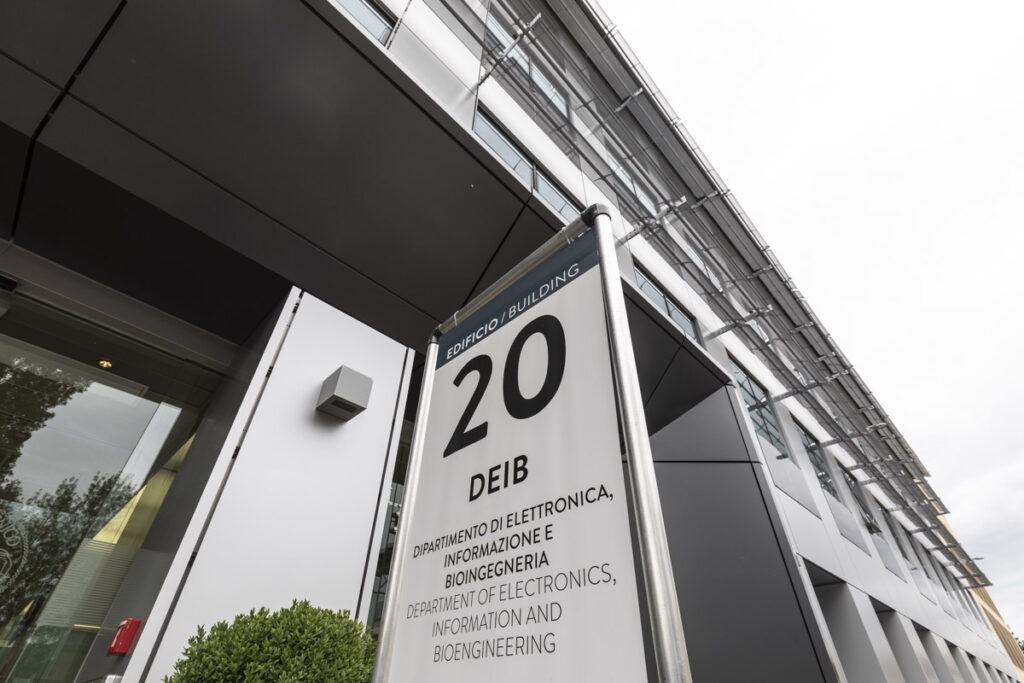
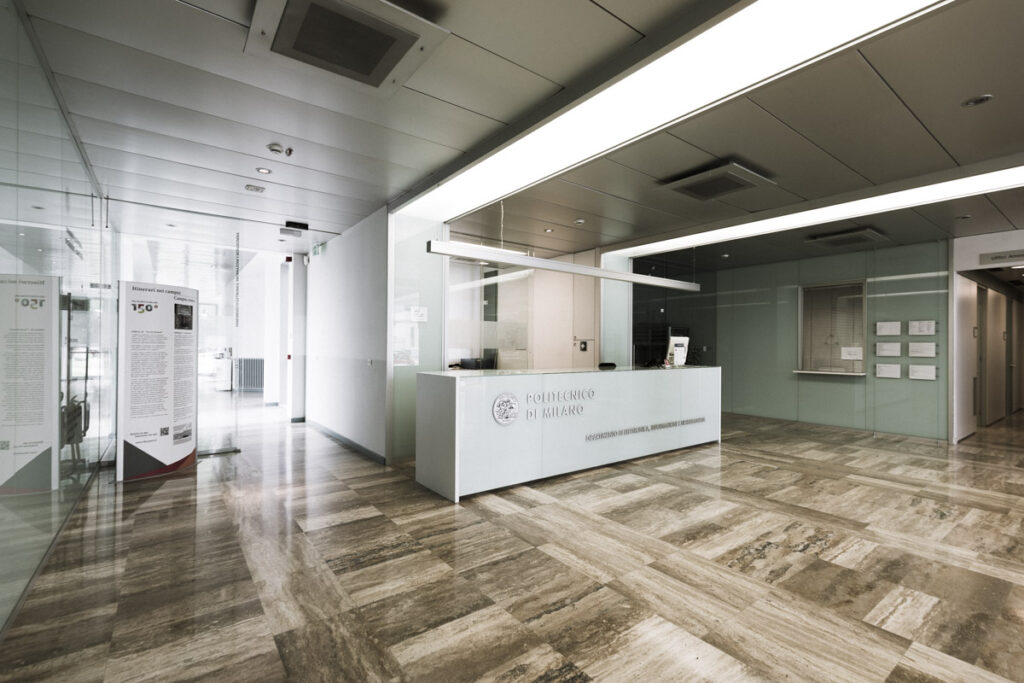
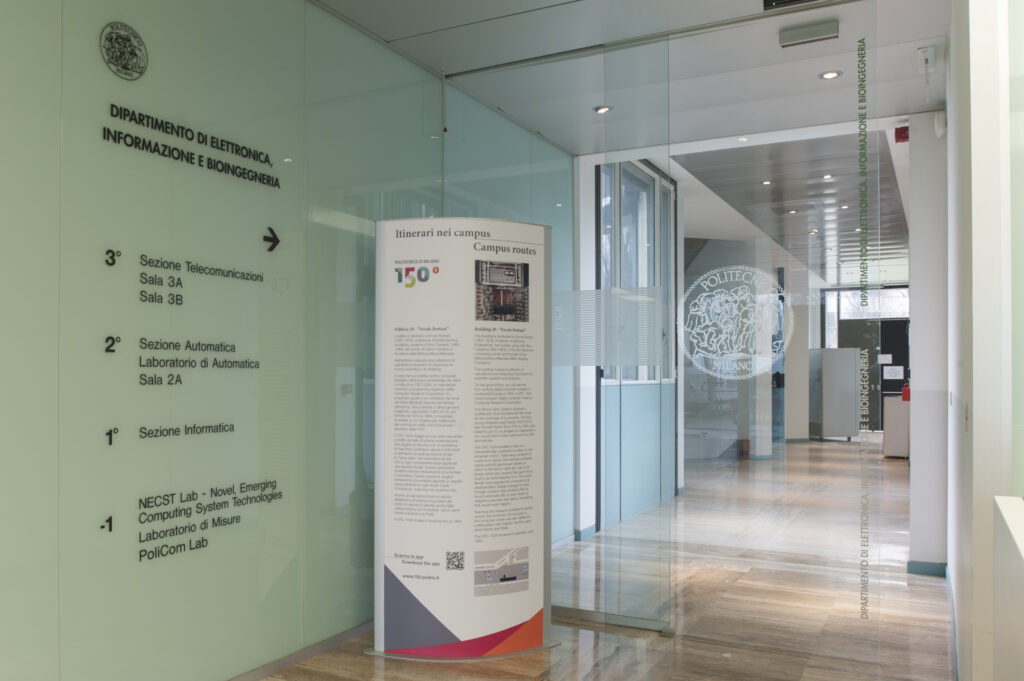
The Department
The Department of Electronics, Information and Bioengineering (DEIB) aims at being a world-class scientific institution committed to forefront research, education, and technology transfer in computer science and engineering, electronics, electrical engineering, systems and control, telecommunications, and bioengineering.
With nearly 1000 members, researchers, collaborators, Ph.D. students, technical and administrative staff, the Department is a vital institution capable of promoting education, fundamental and applied research, and technology transfer to companies. The six department sections bring together consolidated competences in systems and control, computer science & engineering, electronics, telecommunications, bioengineering and electrical engineering.
The Bioengineering section of the DEIB utilizes the technologies and methods of the engineering field with the purpose of enriching the scientific comprehension of biological systems and life sciences. A priority is the technological transfer of the results into clinical and industrial settings. The three main research areas are e-health, biomechanics, and technologies for diagnosis, therapy & rehabilitation.
The Department of Chemistry, Materials and Chemical Engineering “Giulio Natta” (CMIC) has relevant expertise to tackle the most difficult projects relating the molecular aspects of matter and the applicative characteristics of products. The Department’s common vision is that the sciences and technologies of chemistry, chemical and materials engineering, and life sciences significantly contribute to identifying safe, cost-effective and sustainable solutions to current challenges in multi-disciplinary fields such as processes. industrial, civil and industrial security, energy, health, the food sector, the environment and renewable resources, resulting in a natural attitude towards the collaboration with other Departments, chemical industry, process industry and the institutions.
The department is divided into four sections among which the Biomedical Engineering one is the frontrunner in topics related to health and life sciences, with a strong multi-disciplinary attitude. The section coordinates a broad spectrum of scientific competencies with attention to diagnostic technologies and therapies, implementation of microscopic & macroscopic, smart materials, nanostructured materials, biological validation, in silico modeling for the biomechanics & mechanobiology fields.
Laboratories
The DEIB currently hosts more than 50 laboratories in Computer Science and Engineering, Systems and Control, Electronics, Telecommunications, Electrical Engineering, and Bioengineering.
The CMIC hosts more than 30 research groups and laboratories in Chemistry, Materials and Bioengineering with also the presence of interdepartmental laboratories.
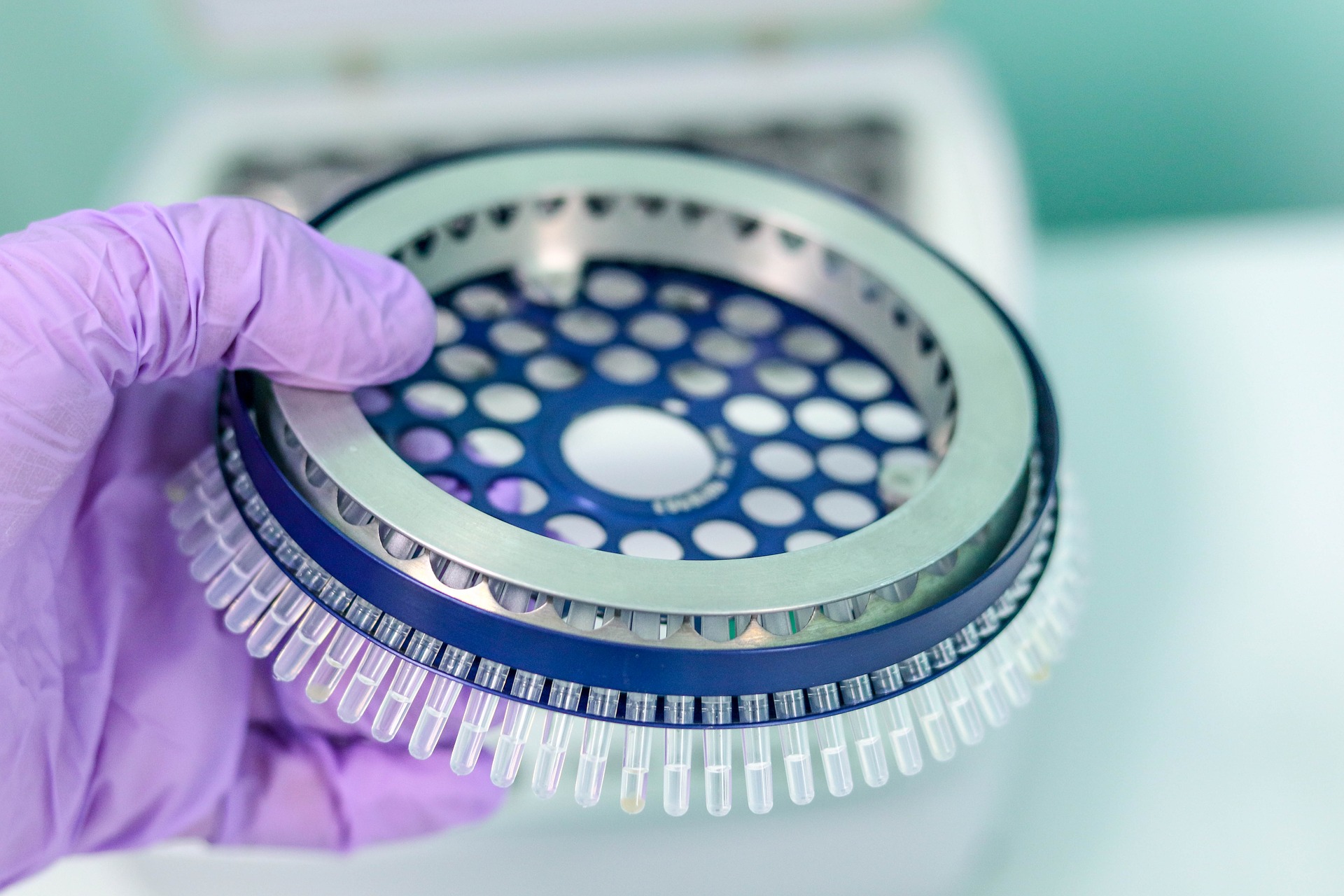
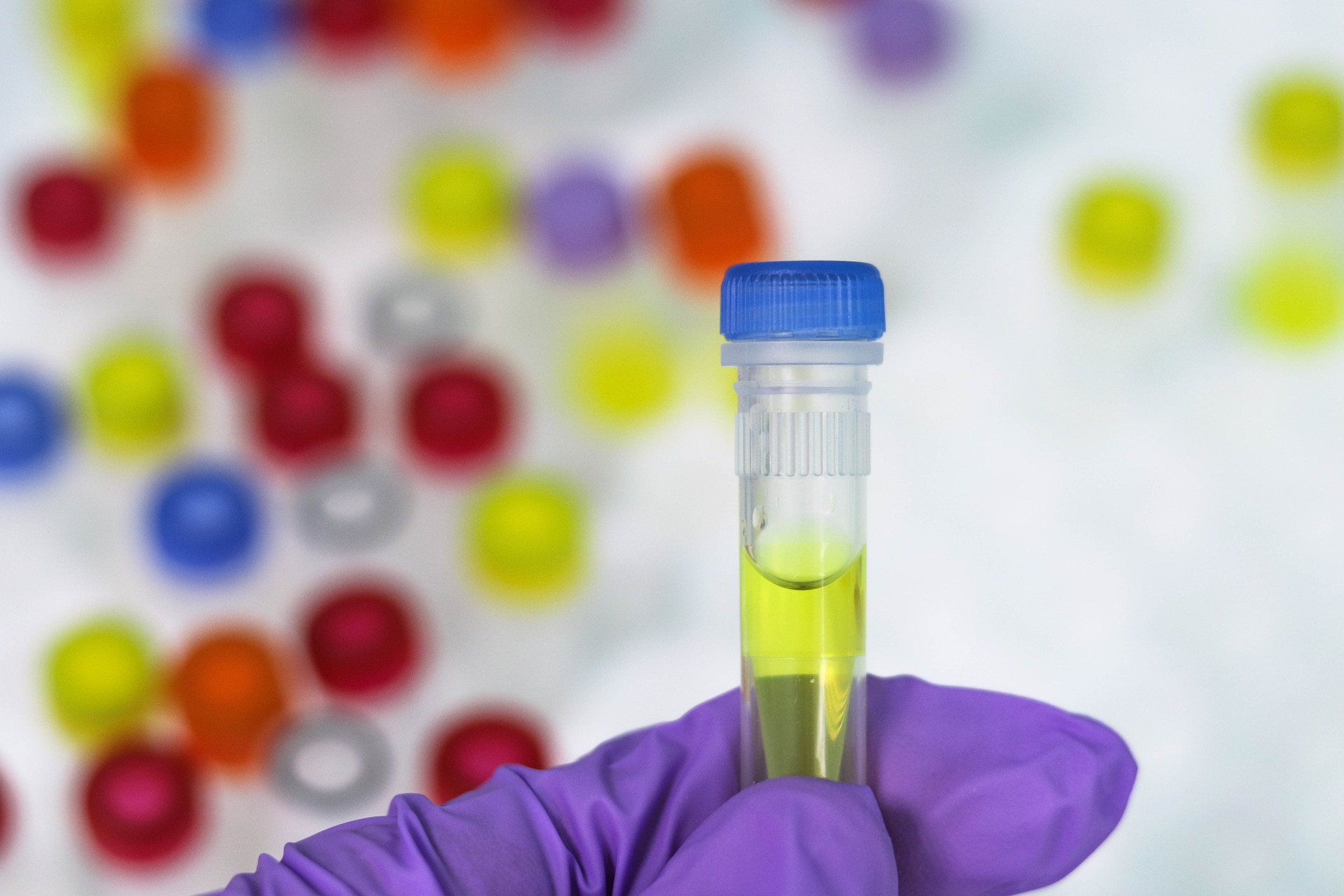
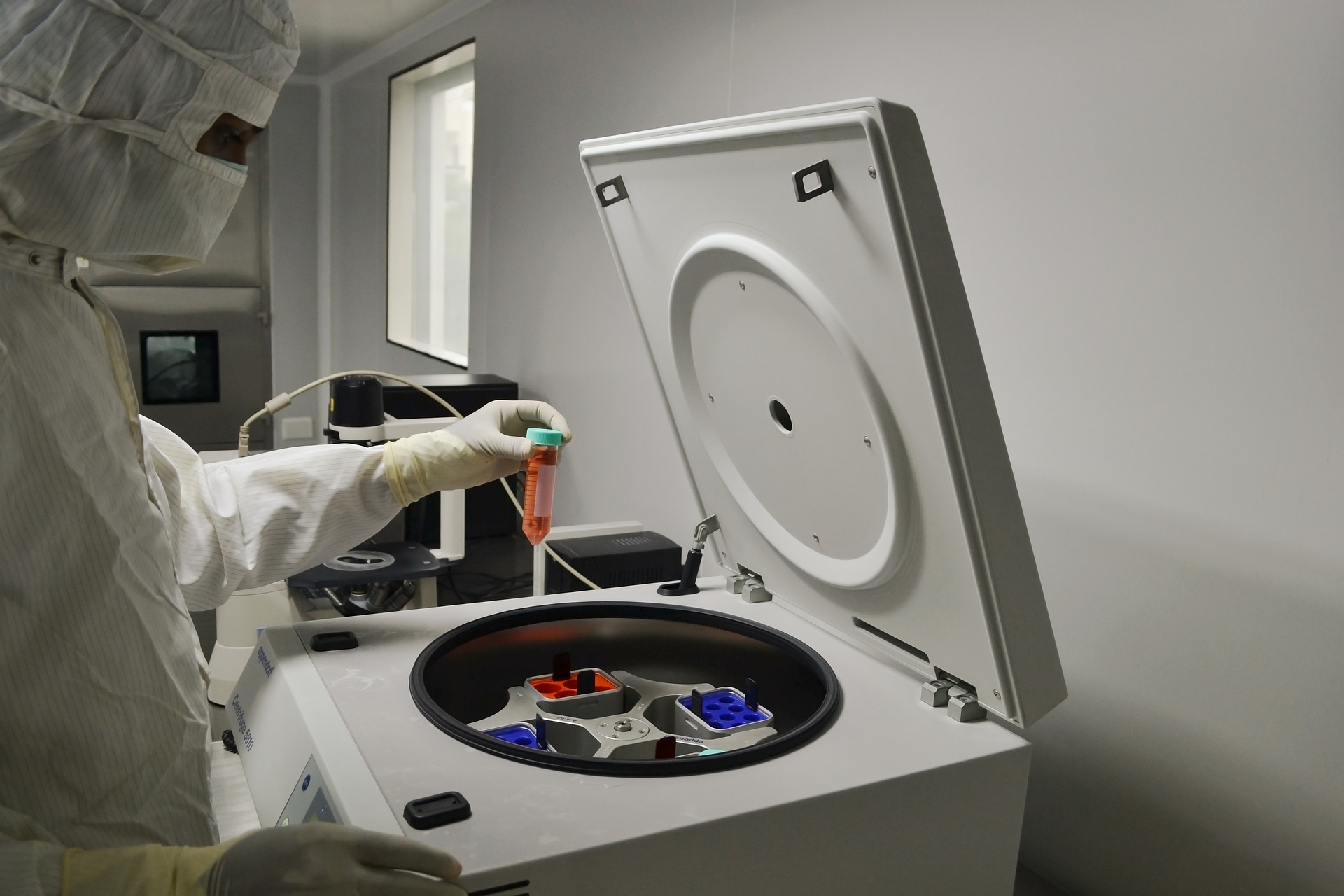
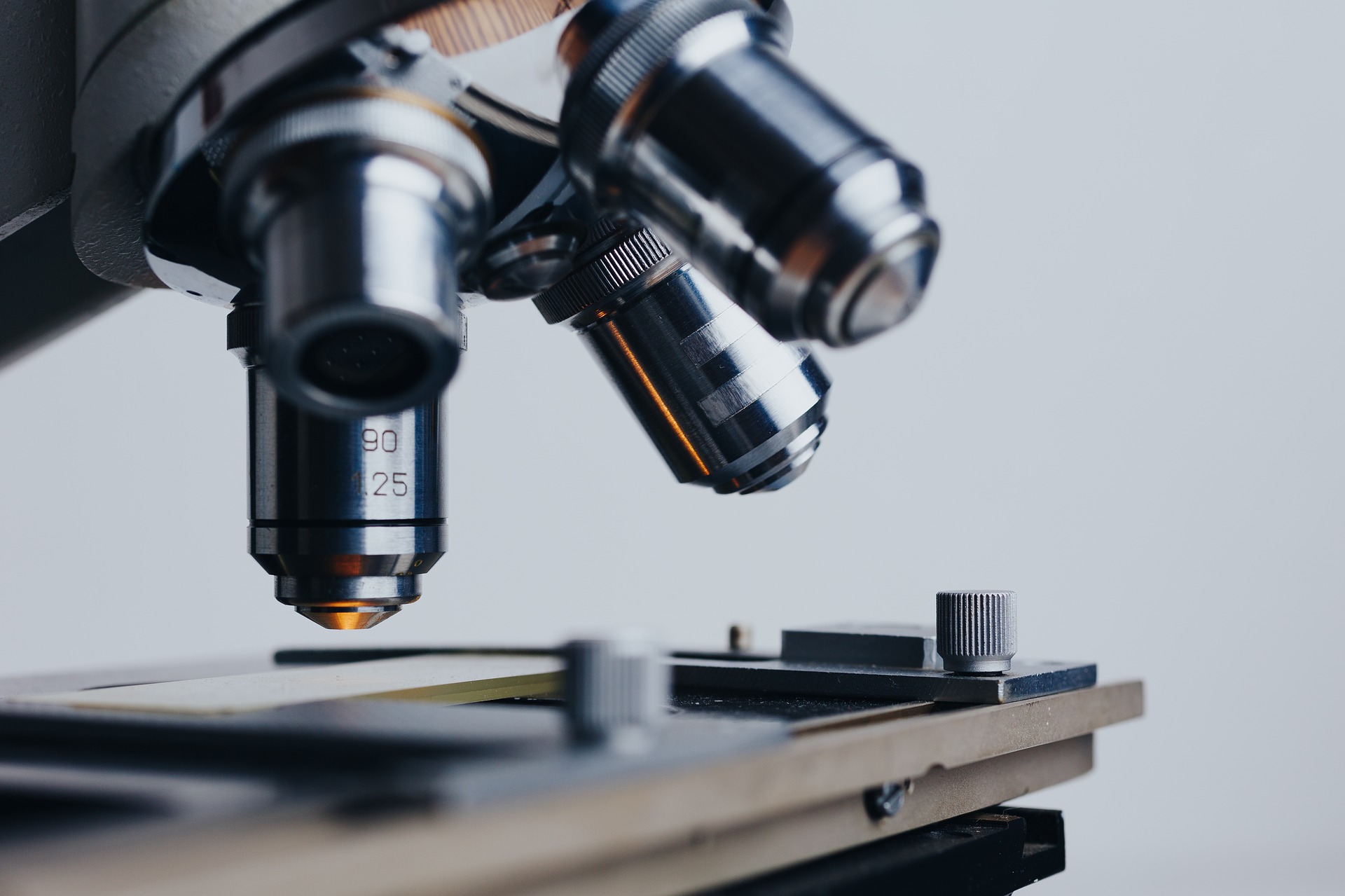

People & Contacts
The Ph.D. course is managed by a Coordinator and a Faculty Board. The Coordinator chairs the Faculty Board, coordinates the preparation of the annual Educational Programme and organises the general educational activities of the Ph.D.

